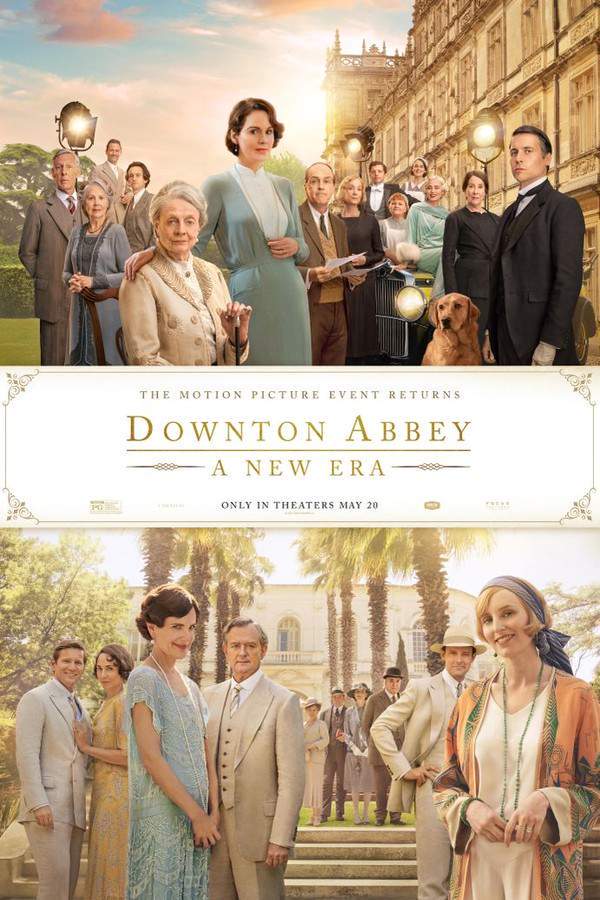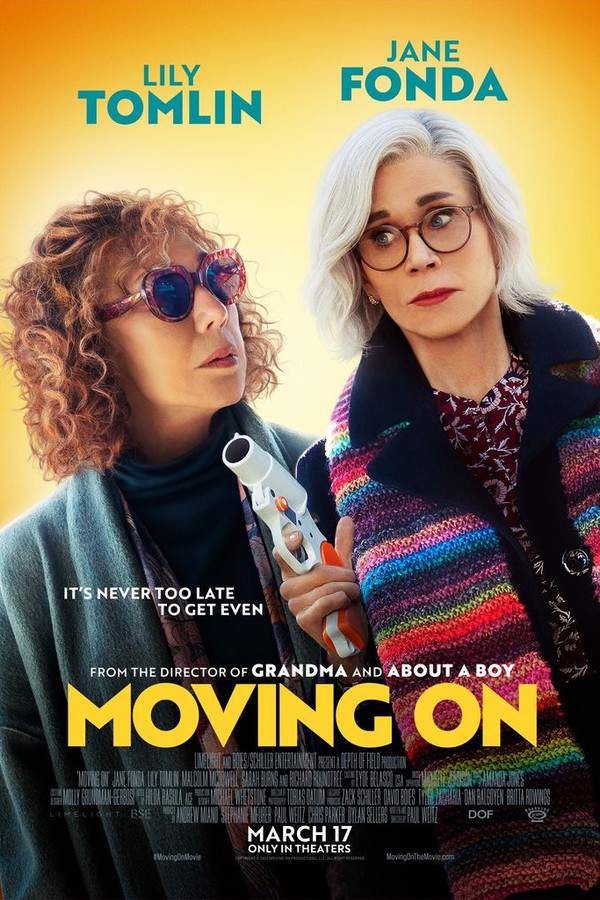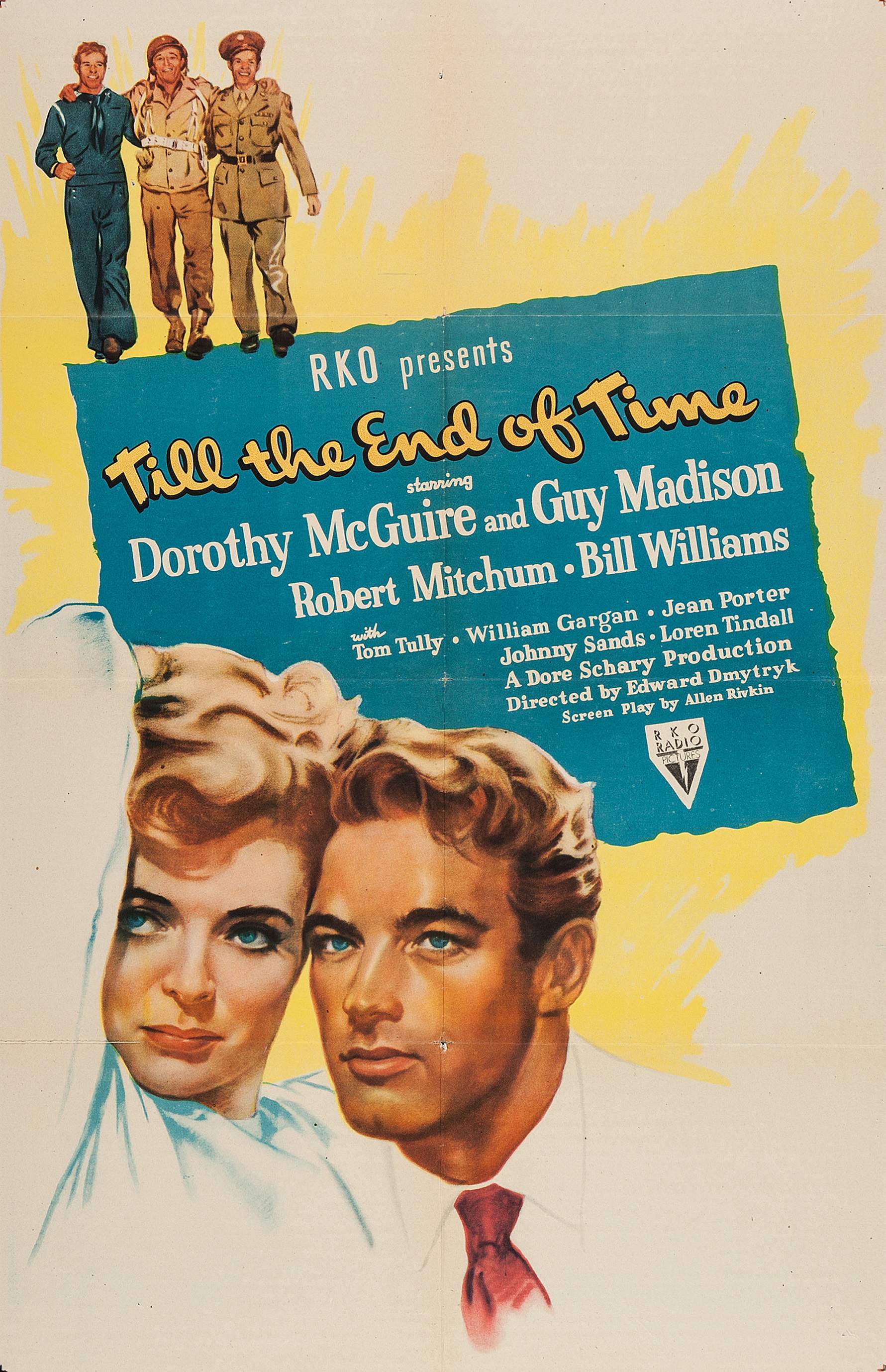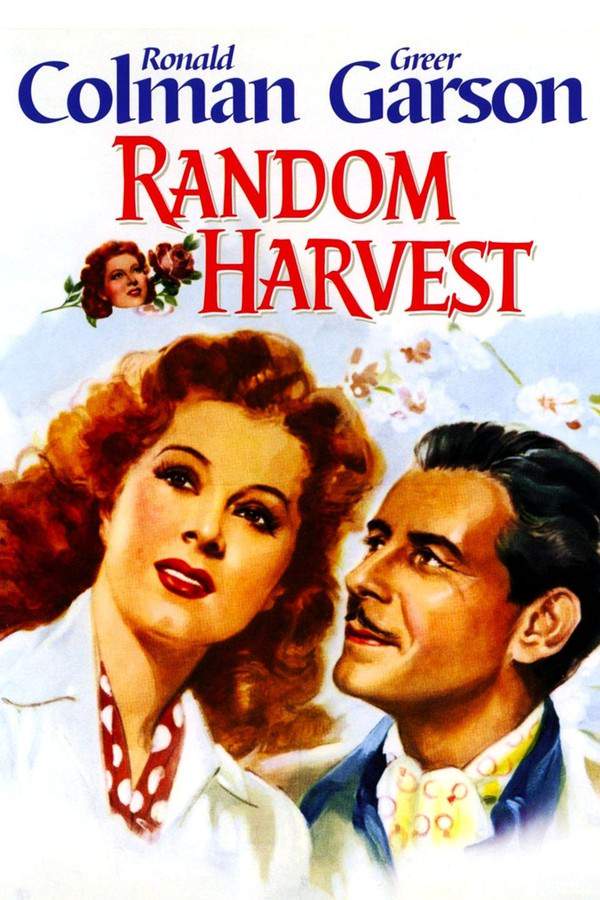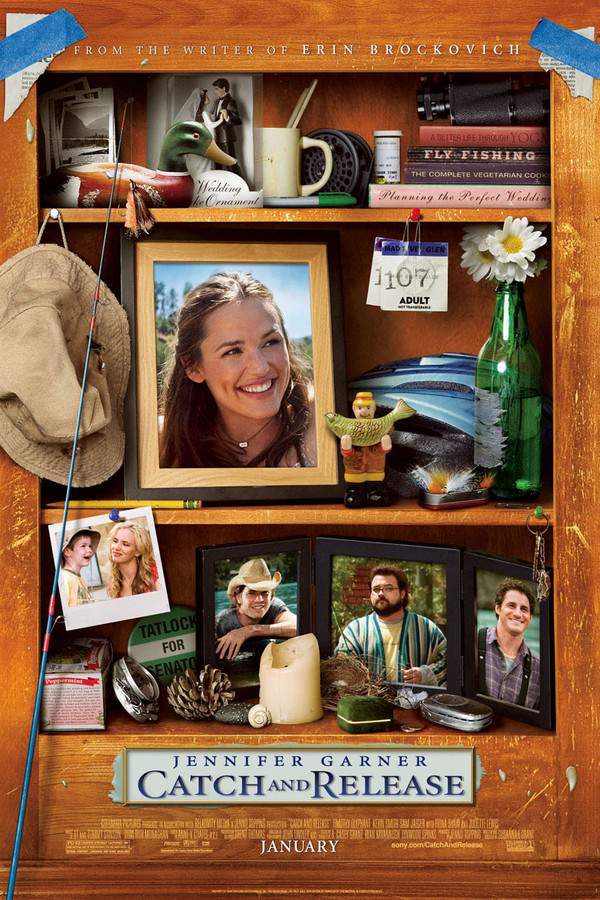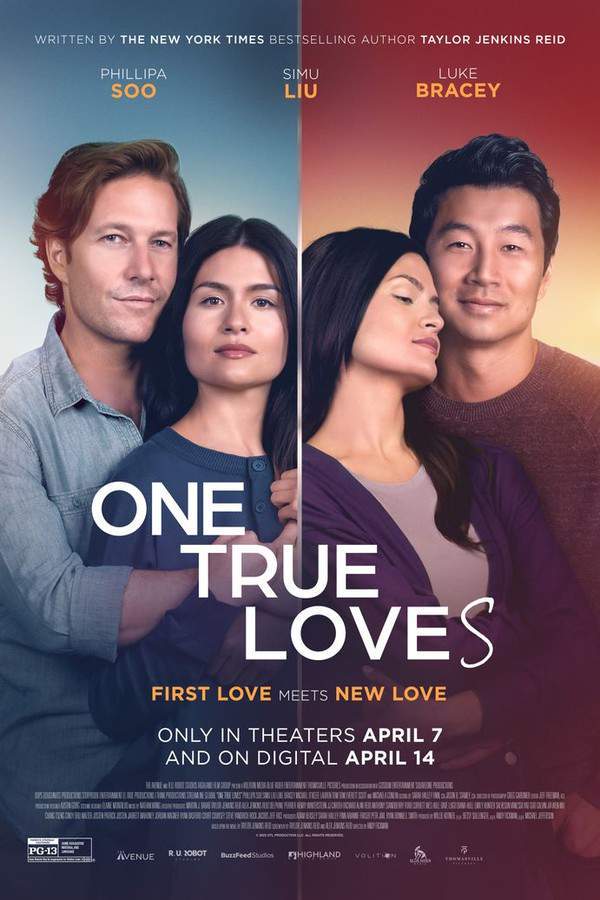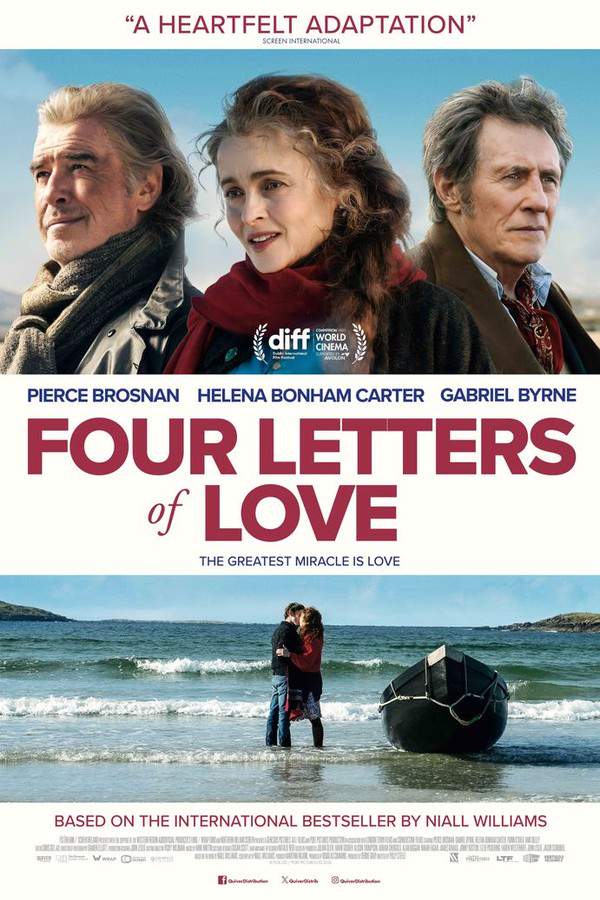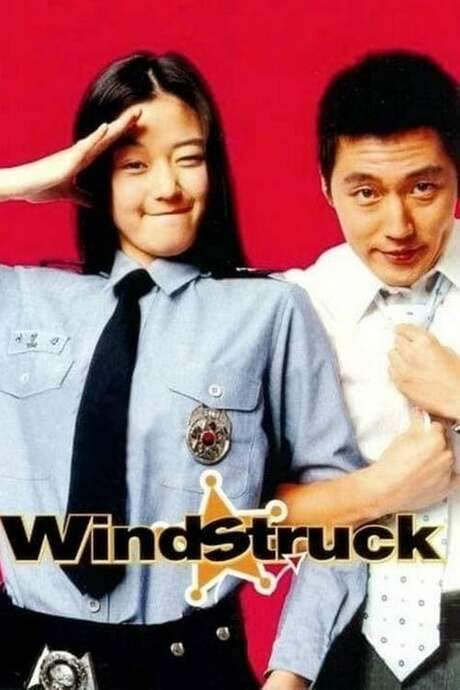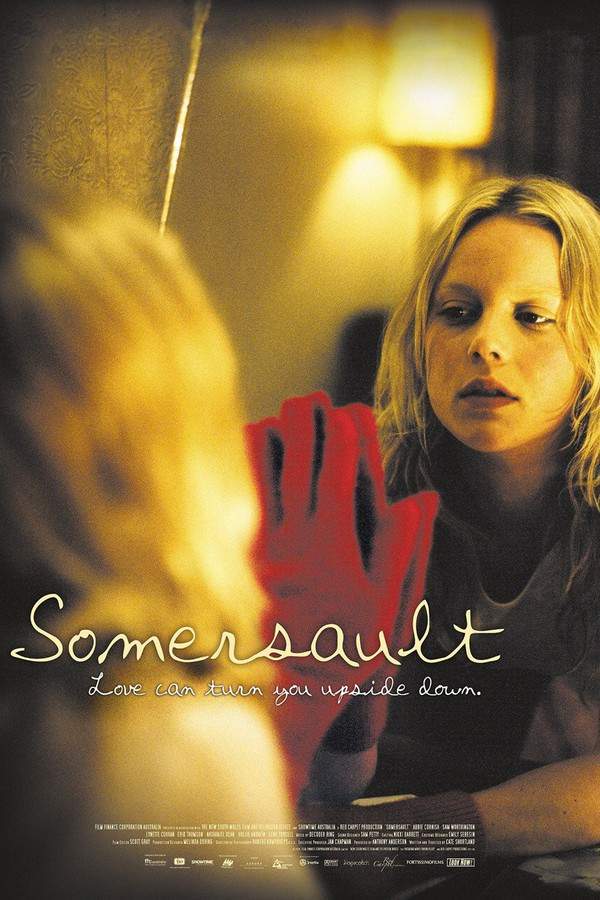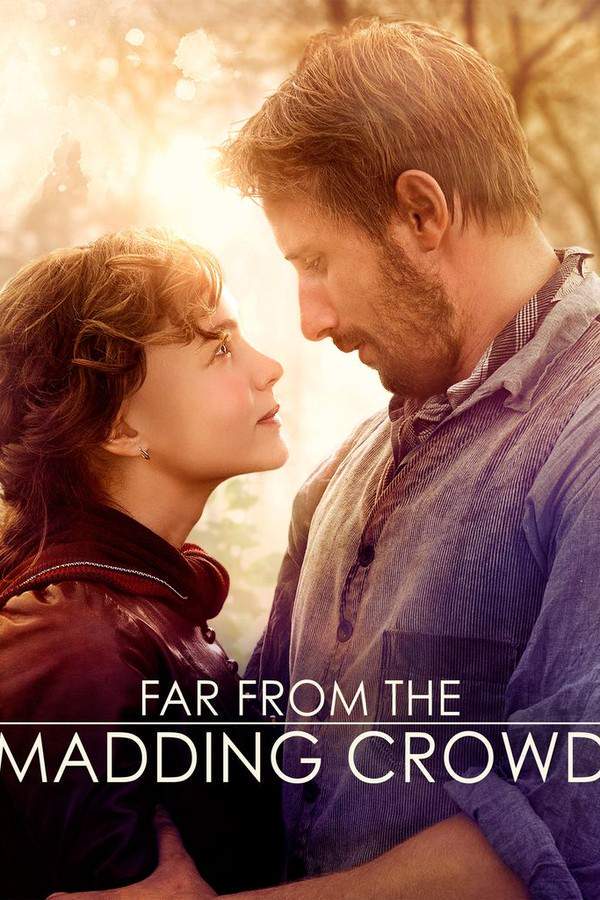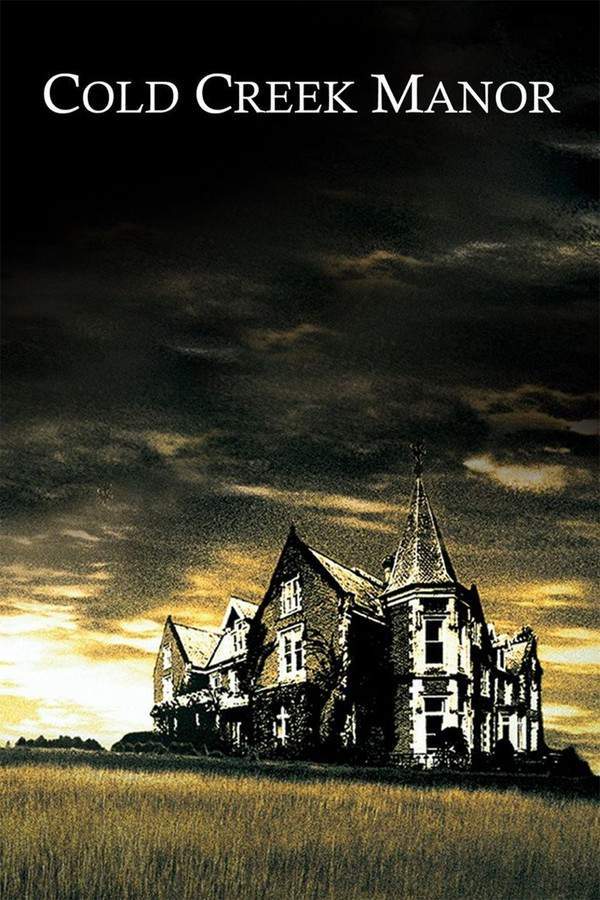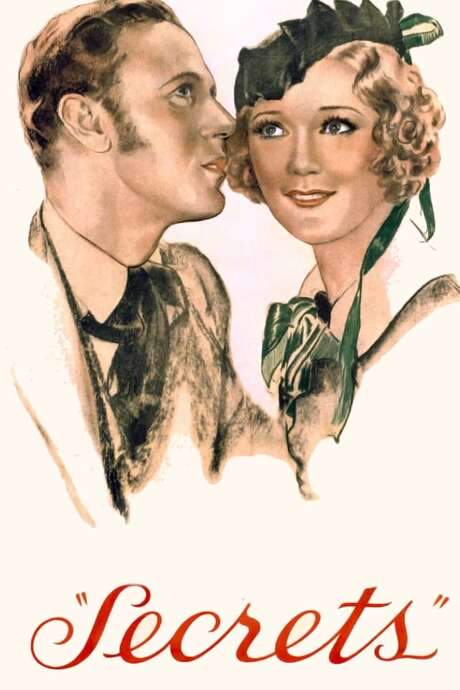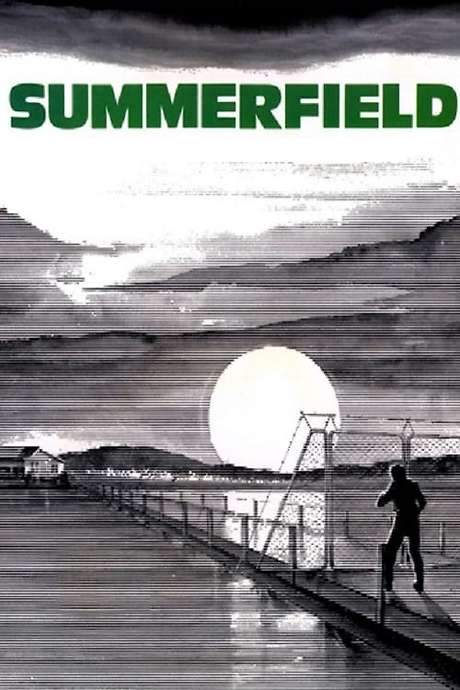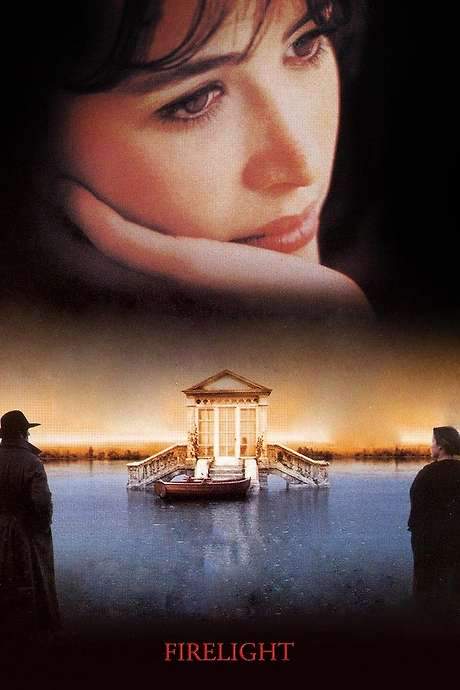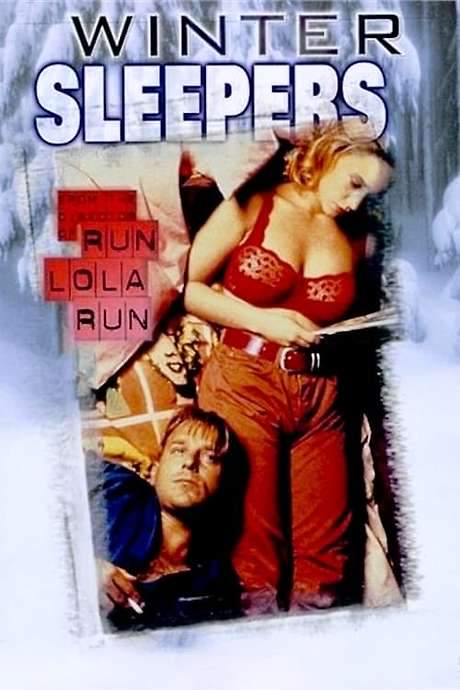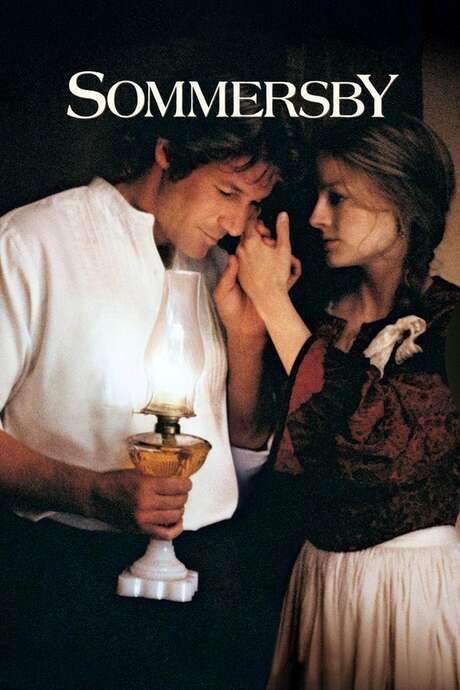
Sommersby
Year: 1993
Runtime: 109 mins
Language: English
Director: Jon Amiel
Laurel Sommersby has been managing the farm alone since her husband Jack was reported killed in the Civil War. When a man claiming to be Jack returns, he is gentle, caring, and seems dramatically changed, prompting townsfolk to suspect he is an imposter. Torn between doubt and lingering affection, Laurel welcomes him into her home and slowly confronts whether he is truly the husband she once knew or a chance at a new love.
Warning: spoilers below!
Haven’t seen Sommersby yet? This summary contains major spoilers. Bookmark the page, watch the movie, and come back for the full breakdown. If you're ready, scroll on and relive the story!
Sommersby (1993) – Full Plot Summary & Ending Explained
Read the complete plot breakdown of Sommersby (1993), including all key story events, major twists, and the ending explained in detail. Discover what really happened—and what it all means.
Laurel Sommersby Jodie Foster is the apparent widow of a wealthy planter who left his Tennessee farm to fight for the Confederacy. For six long years she tends the Vine Hill farm with the help of her young son, Rob, and a neighbor, Orin Meecham Bill Pullman, who has become a steady support. Laurel has grown accustomed to a quiet life free from the cruelty of her late husband, and she begins to entertain thoughts of remarriage with Orin, hoping to provide a stable future for her family.
Then, as if by a miracle, Jack Sommersby—John Robert Sommersby / Horace Townsend Richard Gere—reappears with a changed demeanor and a new tenderness toward Laurel and Rob. At first, Laurel hesitates, but Jack’s softened heart and new gentleness slowly win her over. He sees opportunity where despair lingers: the local economy is crippled, the land is heavily mortgaged, and the town seems trapped in a cycle of debt and decay. Jack proposes a bold plan to revive the community’s fortunes through Burley tobacco. He persuades the townsfolk to pool resources to buy seed, offers to share-crop on his land, and promises fair terms to buy back plots once debts are cleared. Even more controversial, he invites the recently freed Black farmers to purchase land they help cultivate, a move that stirs fierce resistance among some white residents who view it as a threat to the social order.
With the cash from the town’s investments, Jack purchases tobacco seed and projects a revival that extends beyond economics: he claims the crops will fuel a return to prosperity and even fund a new church. As the community works the fields, the transformation seems to prove his sincerity—yet suspicion grows. The town shoemaker notes something off: Jack’s foot is two sizes smaller than the one he supposedly had before the war. The puzzle of his identity deepens as Jack reads Homer’s Iliad to those around him in the evenings, claiming the book was given to him by a fellow prisoner—an anecdote that casts doubt on his tale, even as it charms Laurel anew.
Laurel’s feelings intensify, and she discovers she is pregnant. Their family’s growing bond coincides with a troubling undercurrent: hooded night riders describe themselves as the Knights of the White Camelia, and Joseph [Frankie Faison]—a Black freedman living on the estate—faces brutal intimidation. Meacham’s menacing threats escalate into arson attempts on the barn, and Laurel’s faith in Jack is pushed to the edge as she witnesses a community fraying at the seams. Still, Jack remains determined to protect Laurel and Rob, even as he debates the consequences of his supposed return.
Laurel ultimately gives birth to a daughter, Rachel, and shortly after, Jack is arrested by two U.S. Marshals on a murder charge that carries the death penalty. Laurel wrestles with a devastating question: is the man she knows truly Jack Sommersby, or Horace Townsend—a clever impostor who learned to mimic him in prison? With the help of their lawyer, she contemplates a daring plan: admit that Jack is an impostor to save him from the gallows, even if that means forfeiting his freedom and risking the fragile gains for the Black farmers who now own plots of land. Meacham leverages this arrangement in exchange for Laurel’s promise to marry him if Sommersby is imprisoned.
Jack rejects the lawyer’s strategy and reasserts his claim to being the real Jack Sommersby. He works to discredit witnesses who argue that he is Horace Townsend, a Virginia-based con artist who once swindled a town after claiming to help rebuild its schoolhouse. He even identifies one witness as a Klansman who had threatened him earlier, exposing the plan to ruin him and confiscate the newly acquired lands. Laurel testifies, revealing that his kindness convinced her of his humanity, and she confesses flatly, “because I never loved him the way I love you!”
Judge Barry Conrad Isaacs [James Earl Jones] presides over the case and asks Jack whether he wishes to be tried as Jack Sommersby, even if the verdict would likely mean death. Jack answers that he wants to be tried as John “Jack” Sommersby, choosing truth over expediency. The jury finds him guilty of first-degree murder, and the death sentence looms as Laurel continues to seek a path to truth.
As the case unfolds, Jack shares the final twist of his story: after surviving a cellmate’s deception and years of shared secrets, the man who was supposed to be Jack is revealed to be Horace Townsend, who ultimately killed another man and died from a wound in a confrontation. Horace buried Jack Sommersby, deciding to assume his identity. The heart of the tragedy lies in a choice: Jack cannot openly reveal his true self because doing so would destroy Laurel and the fledgling Black communities who now own land. He faces execution, and Laurel chooses to stand with him at the edge of the crowd, hoping for a mercy that may never come.
As the gallows approach, Jack calls out to Laurel, pleading that he isn’t ready. She rises through the crowd, steps toward him, and their eyes meet one last time before the trapdoor drops. The town’s work on the church steeple resumes in the aftermath, mirroring the quiet endurance of a woman who kneels at a grave and lays flowers on the resting place of “John Robert Sommersby.” The closing scenes reflect a town attempting to rebuild itself—physically through the church and emotionally through the memory of a man who chose to live a life of risk in the name of belonging and freedom.
- The film layers themes of identity, loyalty, and Reconstruction-era tensions, presenting a nuanced portrait of a community grappling with trust, legitimacy, and the cost of progress. Through Laurel’s steadfast resolve and Jack’s difficult choices, it questions what truth means in a world where appearances can be as dangerous as any weapon, and where the hope of land and dignity rests on the courage to choose honesty over salvation by illusion.
Last Updated: October 07, 2025 at 08:23
Explore Movie Threads
Discover curated groups of movies connected by mood, themes, and story style. Browse collections built around emotion, atmosphere, and narrative focus to easily find films that match what you feel like watching right now.
Movies about post-war rebirth like Sommersby
Characters haunted by the past seek redemption and love in a rebuilding world.If you liked the historical setting and themes of redemption in Sommersby, explore these movies that also deal with characters rebuilding their lives and communities after a war. These stories blend drama, romance, and the heavy weight of the past.
Narrative Summary
These stories often begin with a world or a character shattered by war. The narrative follows the difficult process of rebuilding, both externally (a town, a farm) and internally (a psyche, a relationship). The central conflict arises from the tension between the trauma of the past and the desperate, often painful, pursuit of a better future.
Why These Movies?
They are grouped by their shared setting of a post-conflict era and their exploration of themes like grief, redemption, and societal healing. The mood is typically melancholic yet hopeful, focusing on the slow, steady work of mending what was broken.
Identity mystery romance movies like Sommersby
A stranger appears, claiming to be a lost love, testing faith and igniting desire.Find more movies like Sommersby where the central plot revolves around a mysterious figure returning and claiming a loved one's identity. These suspenseful romance dramas explore doubt, memory, and the blurred lines between past love and new beginnings.
Narrative Summary
The narrative hinges on a single, consuming question of identity. A protagonist, often grieving, is confronted with someone who embodies their lost loved one but behaves differently. The plot unfolds as a slow unraveling of clues, building tension between the community's skepticism, the protagonist's longing, and the imposter's motives, leading to an emotional and morally complex climax.
Why These Movies?
They share the core narrative device of an identity mystery that drives both the plot and the emotional arc of the romance. The experience is defined by a steady build of suspense, a bittersweet tone, and the emotional weight of choosing between truth and happiness.
Unlock the Full Story of Sommersby
Don't stop at just watching — explore Sommersby in full detail. From the complete plot summary and scene-by-scene timeline to character breakdowns, thematic analysis, and a deep dive into the ending — every page helps you truly understand what Sommersby is all about. Plus, discover what's next after the movie.
Sommersby Timeline
Track the full timeline of Sommersby with every major event arranged chronologically. Perfect for decoding non-linear storytelling, flashbacks, or parallel narratives with a clear scene-by-scene breakdown.

Characters, Settings & Themes in Sommersby
Discover the characters, locations, and core themes that shape Sommersby. Get insights into symbolic elements, setting significance, and deeper narrative meaning — ideal for thematic analysis and movie breakdowns.

Sommersby Spoiler-Free Summary
Get a quick, spoiler-free overview of Sommersby that covers the main plot points and key details without revealing any major twists or spoilers. Perfect for those who want to know what to expect before diving in.

More About Sommersby
Visit What's After the Movie to explore more about Sommersby: box office results, cast and crew info, production details, post-credit scenes, and external links — all in one place for movie fans and researchers.

Similar Movies to Sommersby
Discover movies like Sommersby that share similar genres, themes, and storytelling elements. Whether you’re drawn to the atmosphere, character arcs, or plot structure, these curated recommendations will help you explore more films you’ll love.
Explore More About Movie Sommersby
Sommersby (1993) Scene-by-Scene Movie Timeline
Sommersby (1993) Movie Characters, Themes & Settings
Sommersby (1993) Spoiler-Free Summary & Key Flow
Movies Like Sommersby – Similar Titles You’ll Enjoy
Somersault (2006) Complete Plot Breakdown
Far from the Madding Crowd (2015) Complete Plot Breakdown
Cold Creek Manor (2003) Spoiler-Packed Plot Recap
Somewhere Slow (2014) Complete Plot Breakdown
A Summer Story (1988) Movie Recap & Themes
An Autumn Romance (2021) Plot Summary & Ending Explained
Secrets (1933) Full Movie Breakdown
Summerfield (1977) Story Summary & Characters
Autumn Leaves (1956) Complete Plot Breakdown
Firelight (1997) Movie Recap & Themes
Wintersleepers (1997) Film Overview & Timeline
Call Her Savage (1932) Movie Recap & Themes
Swept from the Sea (1997) Story Summary & Characters
Smilin’ Through (1932) Full Summary & Key Details
A Summer Place (1959) Ending Explained & Film Insights

